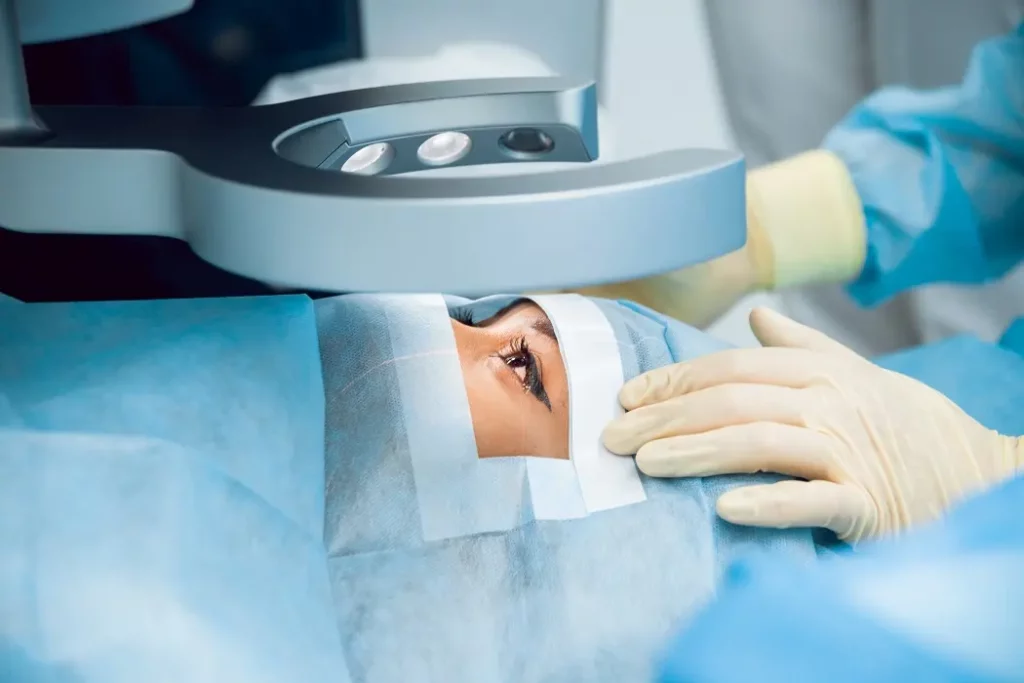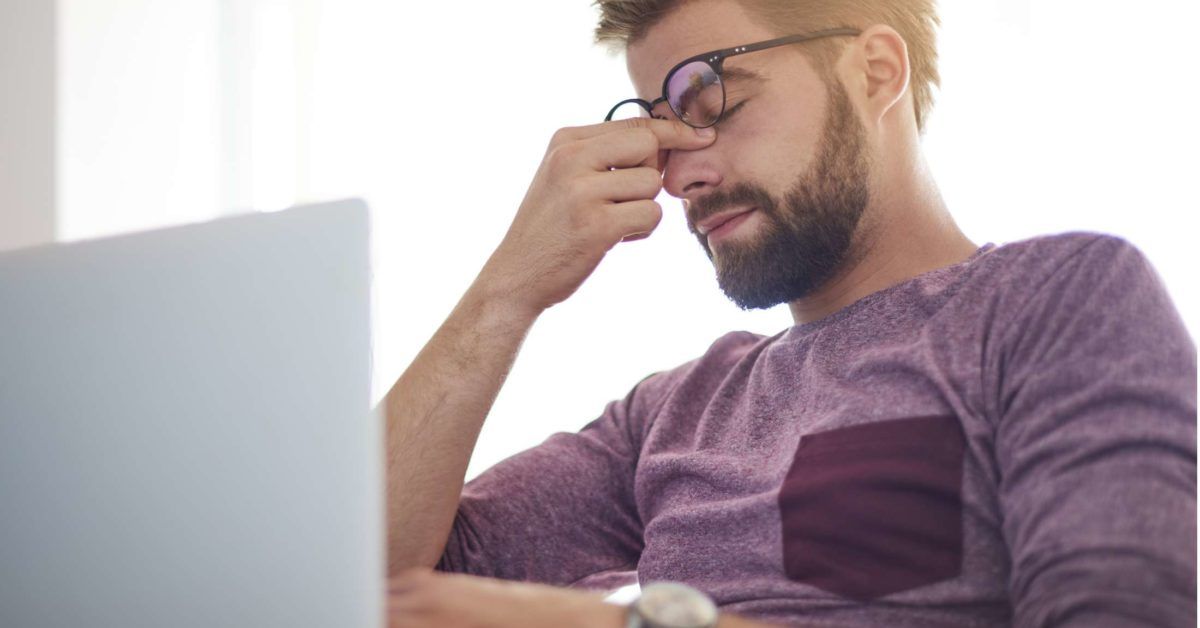Featured
Reduced vision is a condition that dramatically affects daily activities like analysis, driving, or acknowledging faces, despite rehabilitative lenses. For people facing such difficulties, low vision rehab offers a path to gain back freedom and improve quality of life. Allow's look into the readily available choices for reduced vision rehabilitation and how they help people navigate the world a lot more with confidence.
Understanding Reduced Vision Rehabilitation
Low vision rehabilitation is a specialized service created to take full advantage of the functional abilities of people with permanent vision problems. This multidisciplinary strategy includes assessments, training, and devices customized to each individual's unique demands. The objective is to encourage people by improving their remaining vision and teaching methods to adjust to their environment.
Secret Options in Reduced Vision Rehabilitation
Comprehensive Eye Evaluations
A low vision expert carries out comprehensive evaluations to understand the extent of vision loss and identify ideal treatments. These assessments focus on figuring out the person's visual acuity, field of vision, and light sensitivity.
Assistive Instruments and Modern Technology
A variety of devices and innovations are available to assist individuals with reduced vision:
Magnifiers: Handheld, stand-mounted, or electronic magnifiers help expand text or photos.
Telescopic Lenses: Useful for range watching, such as enjoying TV or reading road indicators.
Screen Viewers: Software application that reads aloud the message on a display, aiding those that battle with analysis.
CCTV Systems: Closed-circuit televisions amplify published material or objects for simpler watching.
![]()
Smartphone Apps: Apps like Be My Eyes or Seeing AI give real-time support and summaries of surroundings.
Training Programs
Vision rehab consists of training to enhance the usage of staying vision and adapt to brand-new tools:
Alignment and Mobility Training: Helps individuals navigate unknown spaces and use walking sticks or overview pets efficiently.
Daily Living Abilities: Teaches methods for food preparation, grooming, and other daily tasks with limited vision.
Visual Skills Training: Entails workouts to enhance peripheral vision or improve focus.
Environmental Alterations
Adapting the home or work environment can significantly boost independence:
Mounting brighter lighting and contrasting colors.
Adding responsive markers to appliances.
Setting up furniture to create clear courses and reduce barriers.
Counseling and Psychological Support
Vision loss can be emotionally tough. Assistance groups and therapy services help people deal with the emotional influence and build strength.
Who Supplies Reduced Vision Rehabilitation?
Reduced vision rehab solutions are offered by:
Reduced Vision Specialists: Optometrists or eye doctors with added training.
Physical Therapists: Specialists who concentrate on boosting day-to-day performance.
Rehab Therapist: Experts who aid with emotional and emotional assistance.
![]()
Final Thought
Low vision recovery is a lifeline for those dealing with significant vision loss. With the right tools, training, and assistance, individuals can lead meeting and independent lives. Whether it's via advanced modern technologies, tailored training programs, or psychological support, the options readily available today make sure that nobody needs to deal with low vision alone. Consider reaching out to a low vision professional to explore these transformative rehabilitation services. if you or a liked one is experiencing vision obstacles.
Understanding Reduced Vision Rehabilitation
Low vision rehabilitation is a specialized service created to take full advantage of the functional abilities of people with permanent vision problems. This multidisciplinary strategy includes assessments, training, and devices customized to each individual's unique demands. The objective is to encourage people by improving their remaining vision and teaching methods to adjust to their environment.
Secret Options in Reduced Vision Rehabilitation
Comprehensive Eye Evaluations
A low vision expert carries out comprehensive evaluations to understand the extent of vision loss and identify ideal treatments. These assessments focus on figuring out the person's visual acuity, field of vision, and light sensitivity.
Assistive Instruments and Modern Technology
A variety of devices and innovations are available to assist individuals with reduced vision:
Magnifiers: Handheld, stand-mounted, or electronic magnifiers help expand text or photos.
Telescopic Lenses: Useful for range watching, such as enjoying TV or reading road indicators.
Screen Viewers: Software application that reads aloud the message on a display, aiding those that battle with analysis.
CCTV Systems: Closed-circuit televisions amplify published material or objects for simpler watching.

Smartphone Apps: Apps like Be My Eyes or Seeing AI give real-time support and summaries of surroundings.
Training Programs
Vision rehab consists of training to enhance the usage of staying vision and adapt to brand-new tools:
Alignment and Mobility Training: Helps individuals navigate unknown spaces and use walking sticks or overview pets efficiently.
Daily Living Abilities: Teaches methods for food preparation, grooming, and other daily tasks with limited vision.
Visual Skills Training: Entails workouts to enhance peripheral vision or improve focus.
Environmental Alterations
Adapting the home or work environment can significantly boost independence:
Mounting brighter lighting and contrasting colors.
Adding responsive markers to appliances.
Setting up furniture to create clear courses and reduce barriers.
Counseling and Psychological Support
Vision loss can be emotionally tough. Assistance groups and therapy services help people deal with the emotional influence and build strength.
Who Supplies Reduced Vision Rehabilitation?
Reduced vision rehab solutions are offered by:
Reduced Vision Specialists: Optometrists or eye doctors with added training.
Physical Therapists: Specialists who concentrate on boosting day-to-day performance.
Rehab Therapist: Experts who aid with emotional and emotional assistance.

Final Thought
Low vision recovery is a lifeline for those dealing with significant vision loss. With the right tools, training, and assistance, individuals can lead meeting and independent lives. Whether it's via advanced modern technologies, tailored training programs, or psychological support, the options readily available today make sure that nobody needs to deal with low vision alone. Consider reaching out to a low vision professional to explore these transformative rehabilitation services. if you or a liked one is experiencing vision obstacles.
Latest Posts
Which Furnishings Products Are Best for Toughness and Design?
Published Jan 19, 25
0 min read
How Continuous Panel Fencing Enhances Property Value
Published Jan 19, 25
1 min read
Experience the Bath Fitter Difference
Published Jan 19, 25
0 min read